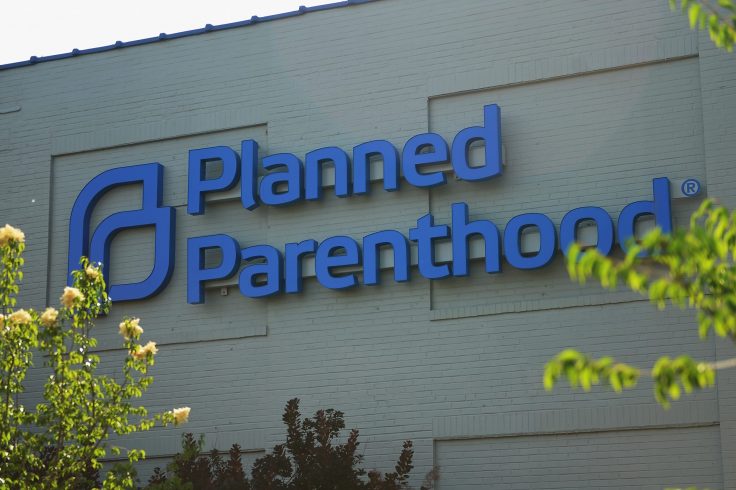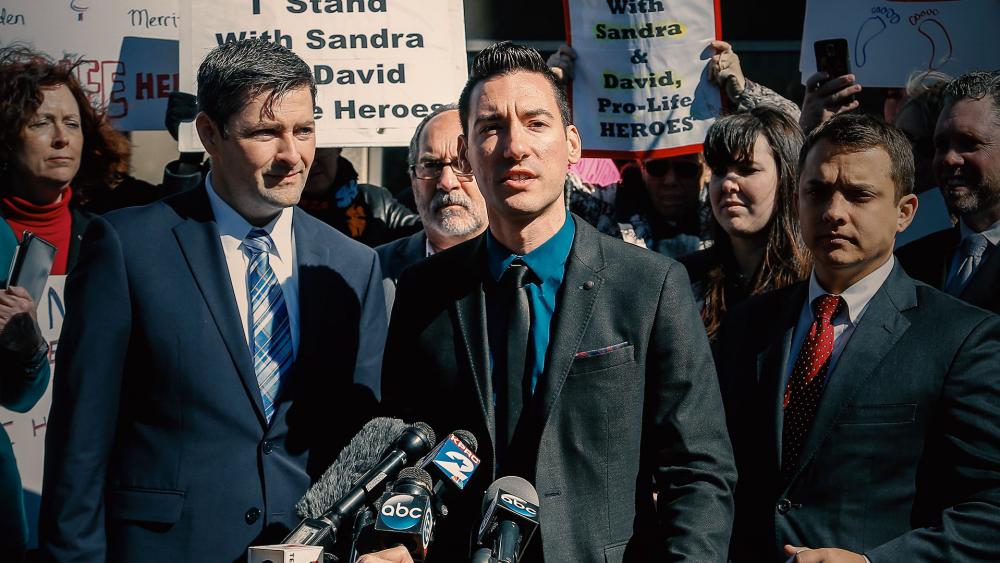
Important Takeaways:
- Missouri’s Attorney General has issued a cease-and-desist order against Planned Parenthood facilities in the state to keep them from offering chemical abortions in the state.
- “This order is a necessary enforcement mechanism to prevent Planned Parenthood from continuing to disregard Missouri law and to protect the health and safety of Missouri women,” Attorney General Andrew Bailey said in a recent press release.
- “Planned Parenthood has a documented history of subverting state law, including failure to file complication reports,” he continued. “This cease-and-desist letter ensures that basic health and safety standards are met. Given Planned Parenthood’s history, I will continue to ensure their compliance with state law.”
- As CBN News reported, just days after the Supreme Court overturned Roe. v Wade, the Biden administration unveiled an “action plan” to increase access to “the abortion pill” in states where abortion is outlawed.
- But the dangerous side effects of chemically induced abortions are rarely reported, and the risks are very real.
- Tessa Longbons, a senior research associate with the Charlotte Lozier Institute, told CBN News many pro-life advocates refer to the abortion pill, RU-486, as chemical abortions rather than “medication abortions,” and says her organization has discovered the practice is even more dangerous than surgical abortions, despite the FDA’s pronouncement that it’s safe. She says the FDA’s claim is largely based on incomplete reporting data.
- “As many as 95% of all abortion pill complications are not reflected in FDA’s data and they don’t even collect most data anymore. They only require reporting on deaths,” she said.
- The procedure includes taking a pill called mifepristone, which blocks a hormone needed for pregnancy to continue, followed one or two days later by misoprostol. That’s a drug that causes cramping that pushes the body of the deceased child from the womb. The combination is approved for use within the first 10 weeks of pregnancy, although some healthcare providers offer it in the second trimester, a practice called off-label use.
- “Planned Parenthood has demonstrated a disturbing pattern of performing abortions without the necessary complication plans, failing to report complications, and willfully violating state law,” said Bailey. “It is my duty to enforce the law and protect the lives and safety of Missourians. Missouri will not tolerate Planned Parenthood’s blatant disregard of the law and the safety of women.”
Read the original article by clicking here.











